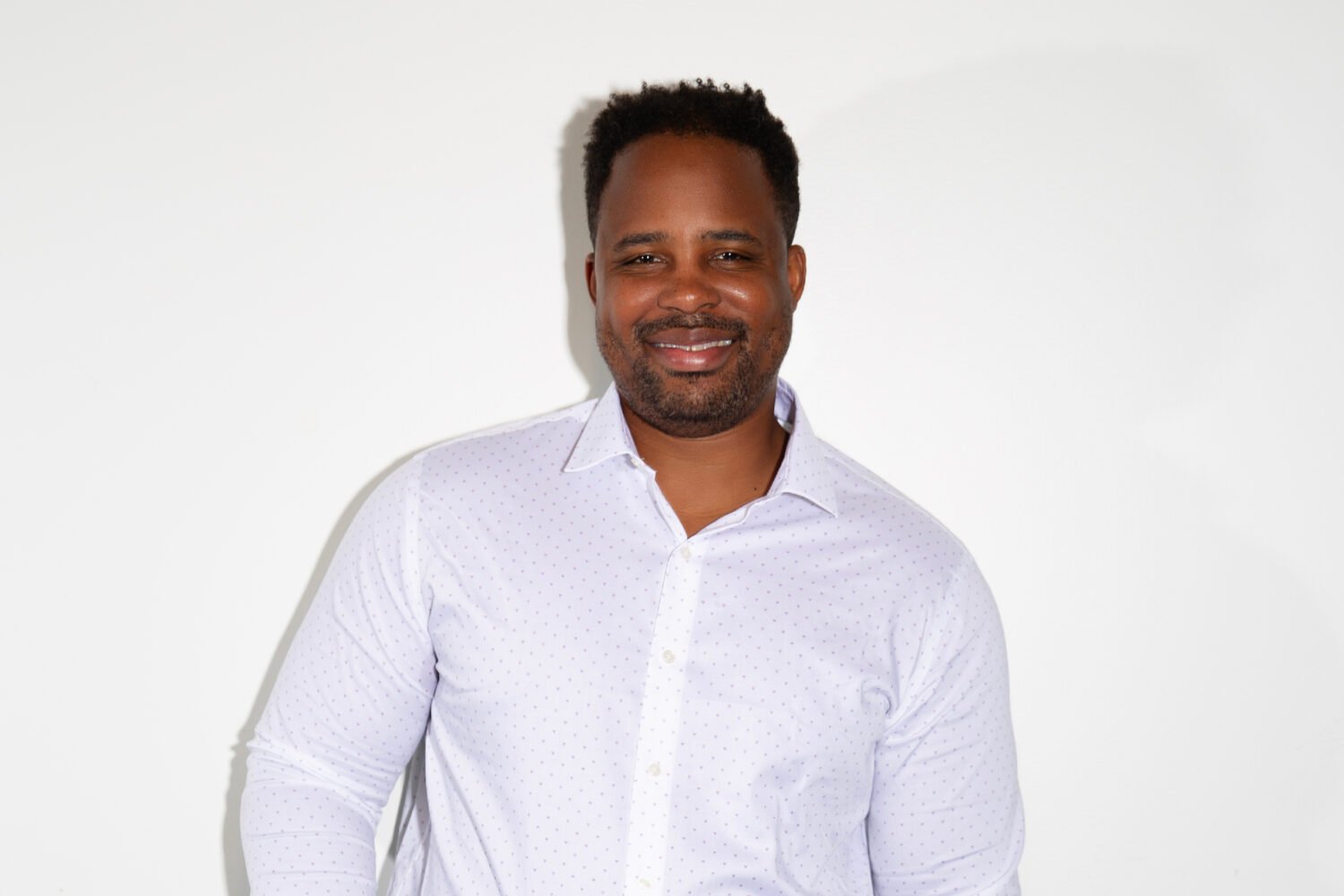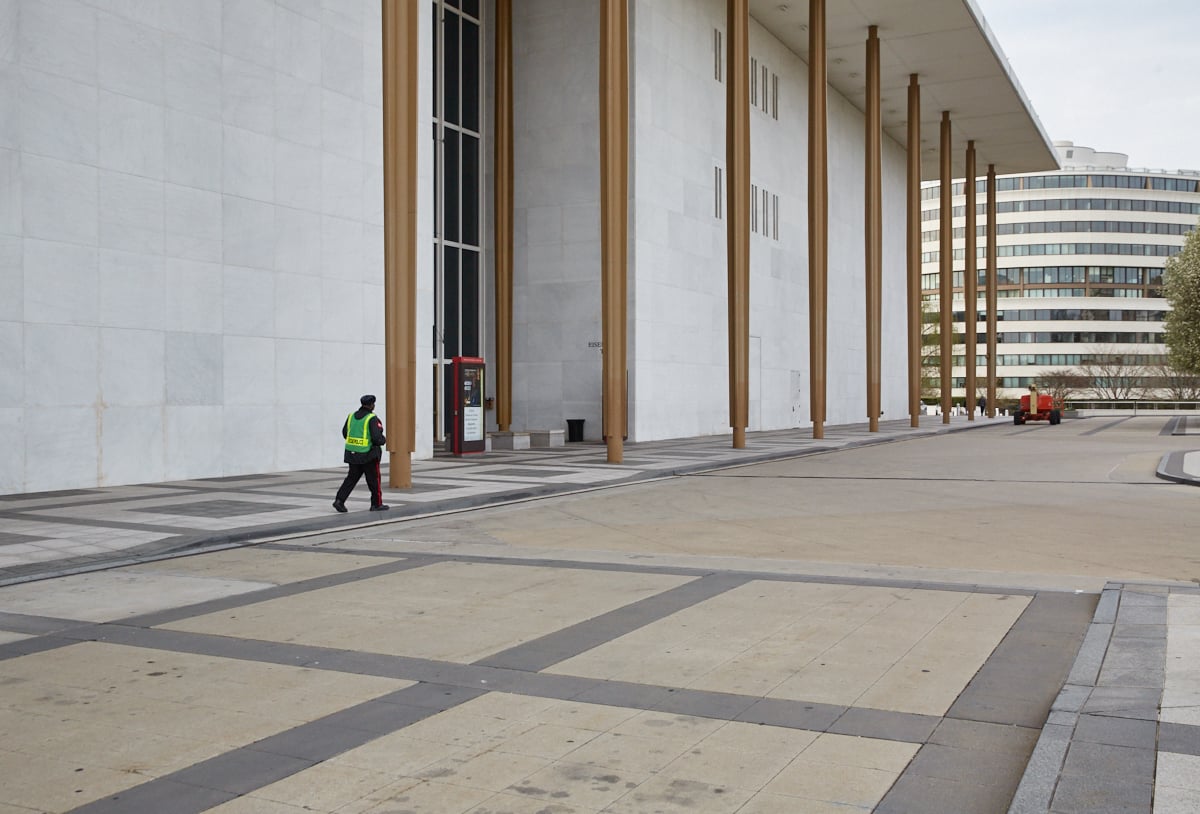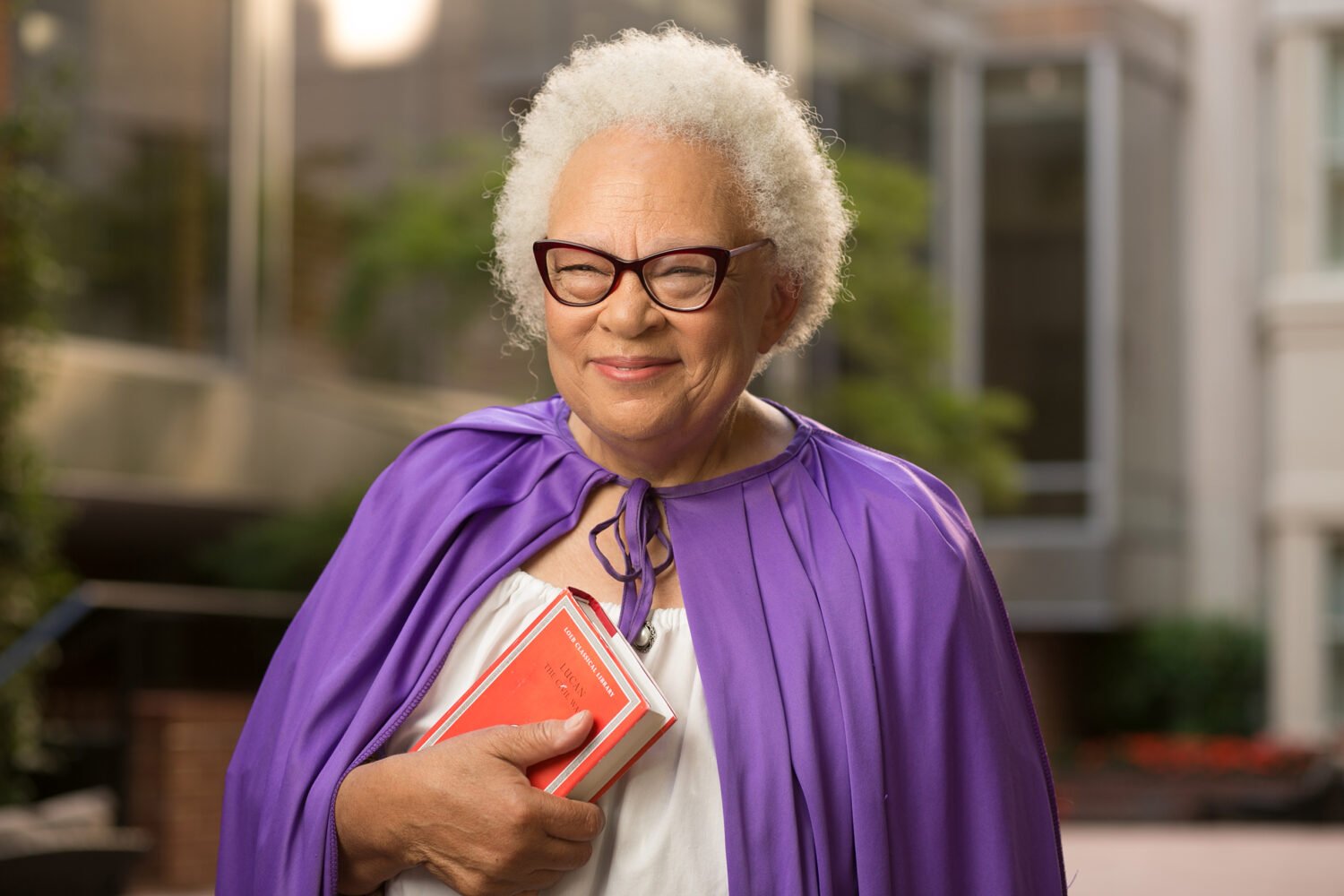Note: This article is from the November 2007 issue of Washingtonian.
Early in the 2008 presidential election cycle, there was a kind of irrational exuberance. For the first time since 1928, there was no incumbent president or vice president running.
Legally, there was nothing stopping Dick Cheney from running for president. But he’s 66, he’s had four heart attacks, and after he accidentally shot a hunting companion, his approval rating dropped to 18 percent.
Interest in the election has been heightened by the possibility that history will be made: The United States could elect its first woman president, first African-American president, or first Mormon president.
Evaluating a race a year before Election Day might once have been considered ridiculous. In the past, many candidates had not declared a year before the election. This time, almost all of the campaigns have been going full blast to raise the money it takes to pay for commercials that hardly anybody watches and for staff and consultants whose advice they ignore.
As Woody Allen said, “Eighty percent of success is showing up.” The candidates have shown up, so let’s look at the top tier—and one long shot—and calculate the odds of their being on the ballot next November.
The Democrats
Hillary Clinton: 8–5
As the race began, it looked like Hillary Clinton was going to have problems. True, she had lived eight years in the White House, had easily won two races for the US Senate from New York, and had 100-percent name recognition. But her critics said she was cold, polarizing, and divisive. If anything could rally Republican opposition in 2008, it would be the nomination of Hillary—which is the way everyone, including her campaign, refers to her.
But by September, Hillary had emerged as a solid front-runner. She leads all national polls by double digits and leads polls in the key early states by equal or smaller margins. In the candidate debates, she plays the role of designated adult among squabbling children.
On the stump, she delivers carefully calibrated speeches emphasizing that she alone among the Democrats has the experience to know when to fight for change and when to compromise to get things done.
To date, nobody has laid a glove on her. Though she voted to authorize the Iraq War, she refuses to say it was a mistake and apologize. This was supposed to sink her in a party that is decidedly antiwar, but it rarely even comes up in debates.
Her two major opponents—Barack Obama and John Edwards—challenged her to refuse to take money from Washington lobbyists. When she refused to refuse, strategists for Edwards and Obama alerted the media that this would be the crack in her façade that would finally force her poll numbers to decline.
The public barely noticed. Even after being forced to return $850,000 that came from questionable campaign sources, Hillary’s numbers remained rock solid. It’s like the joke they used to tell about her husband: If Clinton had been the Titanic, the iceberg would have sunk.
Barack Obama: 7–2
In the so-called “money primary,” Illinois senator Barack Obama has done well, outraising Hillary in both dollars and number of contributors. The latter is important. If a person gives you a dollar, that person usually wants to protect the investment with a vote. So it’s better to get one dollar from 100 people than $100 from one person. By the end of the third quarter of this year, Obama had about 351,000 contributors, more than any Democrat and more than Republicans Mitt Romney, Rudy Giuliani, and John McCain combined.
But what Obama really needs is for all 351,000 of his contributors to move to Iowa, where the first contest historically is held but where Obama still trails both Hillary and Edwards in the polls.
True, Obama continues to draw big crowds and get good reviews. He’s an inspirational figure, sometimes compared to Robert Kennedy and sometimes even to John F. Kennedy. Obama’s wife, Michelle, is a terrific stump speaker who softens and humanizes his lofty image.
But Obama has a mountain to climb that few like to talk about: It’s hard for African-Americans to win even statewide office in this country, let alone national office. There have been only two black governors and only three black US senators elected since Reconstruction.
As political analyst Charlie Cook has written about Obama, it “isn’t that he’s black; it’s that he comes across as green, with his very youthful appearance and thin résumé.”
Democratic voters might make the calculation that Obama, just 46 and in his first term as a US senator, will have more opportunities to run for the Oval Office.
John Edwards: 5–1
When John Edwards ran in the primaries in 2004, he had a nifty warning for his opponents: “Objects in the mirror may be closer than they appear.”
Not so much this time.
While the former senator from North Carolina has tried to get the media to focus on his antipoverty program, populist message, and detailed healthcare plan, much more attention has been paid to his $400 haircut, 28,000-square-foot house, and work for a hedge fund.
His wife, Elizabeth, while bravely battling cancer, has become his attacker-in-chief, memorably complaining: “We can’t make John black. We can’t make him a woman. Those things get you a lot of press.” Which may be the first time in political history somebody claimed to be disadvantaged by being a white male.
In 2004, Edwards polled second in the Iowa caucuses but couldn’t capitalize on it. This time he must not only win Iowa; he then also has to hope it creates a snowball big enough to sweep him to victories in New Hampshire, South Carolina, Nevada, and a slew of states on February 5.
It doesn’t look good right now. But if you’re looking for a long-shot bet that’s still within the realm of possibility, Edwards would be your wager.
If you’re looking for a long-shot bet slightly outside the realm of possibility, the Democratic second tier offers some intriguing choices. New Mexico governor Bill Richardson could become the first Hispanic US president. Just don’t bet the ranch on it.
Nobody has become the immovable object that can stop Hillary’s irresistible force. Not yet, anyway.
The Republicans
Rudy Giuliani: 4–1
Rudy Giuliani has been leading nearly all national polls among Republican voters. The question is why. Giuliani is prochoice, pro-gun control, and pro-gay rights in a party that’s none of those things.
The former mayor of New York says that on the things that really count—strong defense, low taxes, fighting terrorism—he’s a traditional Republican. “I am not going to change who I am,” he once told me. “I think that would be a terrible mistake. Better off you vote against me than I change who I am. Because then I couldn’t be an effective president.”
And on the little matters like gays, guns, and abortion, he likes to quote Ronald Reagan, saying that “my 80-percent ally is not my 20-percent enemy.”
But Ronald Reagan had a long-established record as a conservative when he ran for president in 1980. And Reagan never lived with a gay couple, was photographed in drag, or remarried more than once.
So how to explain Giuliani’s success thus far? First, it’s the continuing legacy of September 11 and Giuliani’s credentials as a fighter of terrorism.
Second, it’s a desire on the part of voters after eight years of George W. Bush’s presidency for candidates with records of competence and accomplishment. Giuliani hits hard on his record as mayor of New York, which he often says “may be the second-hardest job in America after president.”
It also might be that Republicans are basing their votes on a cold calculation. All primaries are struggles between ideological purity and electability. Republicans want real Republicans, but they also want somebody who can win the general election. And candidates who are too far to the right or left in the primaries can have a hard time beating back toward the center in November.
I haven’t met a single Republican leader or operative who is sanguine about Republican chances in 2008. The party lost both houses of Congress in 2006, has an unpopular president and an unpopular war, and faces the historic reluctance of voters to keep the same party in the White House 12 years in a row.
The number of people identifying themselves as Republicans is at a historic low, and it’s hard to imagine a Republican winning the presidency in 2008 with only the Republicans’ base vote. Swing voters, independents, and even some Democratic voters probably will be needed for victory.
Back in March, Louisiana senator David Vitter endorsed Giuliani in a news conference here. When a reporter asked Vitter if Giuliani would be a tough sell in Louisiana because of his liberal social stances, Vitter replied: “I don’t think he is going to be at all, particularly post-Katrina.”
Translation: When the next hurricane hits, people are going to want a president who knows what he’s doing rather than a president who believes abortion is murder. Giuliani doesn’t ignore the Republican base; he just wants it to face the realities of a tough election.
Giuliani’s people say he keeps Florida in play for the Republicans and might even put California in play, or at least force the Democratic nominee to spend extra time and money there. California is important because it has one out of every five electoral votes a candidate needs for victory. It’s hard to imagine any other Republican having a shot at carrying California in a general election, because no other Republican is prochoice, a position that has become a bedrock issue for statewide victory there. Arnold Schwarzenegger never would have won the California governorship had he not been prochoice.
All of this, coupled with so many urban states—including New York, New Jersey, California, and Illinois—holding their primaries on February 5, could give Giuliani a real shot at the nomination.
Unless none of this is true. Are Republican voters telling pollsters they like Rudy without knowing where he stands on social issues? A Pew poll conducted in August found that only 22 percent of the public in general and 31 percent of Republicans know that Giuliani favors legal abortion.
So as Republican awareness rises, will Giuliani’s poll numbers drop? Possibly. And Giuliani is already trailing in the polls in some key states that hold early primaries.
Still, he has shown surprising resilience in the national polls, and we’re still placing him at the front of the pack. But with this caveat: It’s currently easier to find reasons why none of the Republican front-runners can win the nomination than why any of them can.
Fred Thompson: 9–2
Actor and former senator Fred Thompson, who formally announced his candidacy in September, appears to be an only slightly animated figure on Mount Rushmore. His enthusiasm, desire, and stamina all remain to be seen. Early reviews by conservative commentators have not been kind.
George Will wrote: “Fred Thompson’s plunge into the presidential pool—more belly-flop than swan dive—was the strangest product launch since that of New Coke in 1985.”
Robert Novak wrote: “Almost immediately following the launch of Fred Thompson’s long-anticipated presidential candidacy, important neutral Republicans decreed privately that it had crashed and burned on takeoff.”
Yet Thompson debuted in second place nationally, behind Giuliani and ahead of McCain—which is not a bad place to debut.
His critics say Thompson is lackadaisical, lazy, and in the race because his wife wants him to be (if true, not an uncommon phenomenon). While the side of Thompson’s bus says united by our core beliefs, Republicans are still waiting to see what those are.
One reason for the confusion is that Republicans this time lack what they almost always seek: an establishment choice for president. Much more than Democrats, Republicans like hierarchy—as in giving the nomination to the next guy in line.
As Ken Mehlman, former Republican National Committee chair, told me, “We’re a more orderly group than the Democrats. We had Nixon, then Reagan, and then Bush.”
Thompson got off to a disorderly start. He didn’t know there was oil in the Everglades that some want to drill for, he couldn’t remember the details of the Terri Schiavo case, and he didn’t know anything about the Jena Six racial controversy.
In other words, he might not have the razor-sharp and intellectually inquisitive mind of, say, George W. Bush—who was elected and reelected.
Can Thompson learn his lines and hit his mark? We give him the odds we do because if he can, Thompson could become the leading man in this field.
Mitt Romney: 5–1
Former Massachusetts governor Mitt Romney is in fourth place in almost all national polls. So why does he get so much attention? He has raised a lot of money (and spent a lot), and as a multimillionaire he can lend his campaign a lot more in the future. More important, he has built leads in Iowa and New Hampshire, the two states that traditionally kick off the 2008 election process.
But Romney’s Mormonism may cost him votes in South Carolina, where the Christian right is strong. South Carolina is where party regulars put an end to the insurgent campaign of John McCain in 2000, and they also could do it to Romney.
Romney says his religion is no greater barrier to election than John Kennedy’s was in 1960, when Kennedy said: “I am not the Catholic candidate for president. I am the Democratic Party’s candidate for president who also happens to be a Catholic. I do not speak for my church on public matters—and the church does not speak for me.”
But in 1960, Catholics were about 25 percent of the US population, and just about everybody knew someone who was Catholic. Today Mormons comprise less than 2 percent of the US population and, as USA Today bluntly put it, it’s a religion that “has an unusual theology and a past scarred by racism and polygamy.”
On the other hand, as his wife, Ann, said, the biggest difference between Mitt Romney and the other candidates is that Romney has “only had one wife.” (For those keeping score, Giuliani has had three, McCain two, Fred Thompson two, and—just in case—Newt Gingrich three.)
Religion isn’t Romney’s only challenge. He has been accused of flip-flopping on key issues, the most important being abortion. Once he was prochoice; now he’s prolife. As he told the National Journal this year, “I did change my view on abortion. And that happened, as you know, about two years ago.” Which means he changed his mind on abortion when he was 57, just about the time he decided to run for president.
Romney, who backed gun-control measures when he ran for the US Senate in 1994, became a member of the National Rifle Association in August 2006. He was a registered independent in the 1990s and voted for Paul Tsongas in the Democratic presidential primary in 1992.
His critics say Republicans won’t nominate a political chameleon. “Put him on a plaid rock,” they say, “and he will turn plaid.”
But is that a minus in presidential politics or a plus?
John McCain: 6–1
Hard as it is to believe now, Arizona senator John McCain started out as the Republican front-runner. And he ran a front-runner’s campaign, blowing through $23 million in six months. But the self-proclaimed straight-talker found that when you lead the pack, everybody gets a chance to bite you on your backside.
When he ran in 2000, McCain’s maverick image was bolstered by his joining with Democrats like Senator Russ Feingold of Wisconsin to sponsor campaign-finance reform. But in 2007, McCain was wooing the GOP mainstream, and the mainstream didn’t like his cosponsoring immigration reform with Massachusetts Democrat Ted Kennedy. In fact, they hated it. As immigration reform sank in Congress, so McCain sank in the polls.
And as the poster boy for the Iraq troop surge, he’s fated to be tied to how well America does in that war.
McCain clearly is more comfortable not leading the pack—some of his old sardonic humor has resurfaced. When a student asked McCain, 71, if he was worried that he “might die in office or get Alzheimer’s or some other disease that might affect [his] judgment,” McCain replied: “Thanks for the question, you little jerk—you’re drafted.”
McCain has gone from front-runner to a dark horse in less than a year, but he’s hanging in there. All he needs is what he got the last time he ran—a solid win in New Hampshire, followed by a big boost in campaign contributions—plus what he didn’t have last time: a little luck.
The Independent
Michael Bloomberg: 20–1
New York’s Mayor Bloomberg is the politician for people who are sick of politicians. A Democrat turned nominal Republican turned independent, he offers the possibility of a campaign focused on competence rather than showmanship.
He says if he runs, it will be to win—not to promote an issue. (He’s a champion of gun control but won’t run just to focus attention on that issue.) His biggest advantage is that he’s worth more than $10 billion and could spend a billion on the race, far outspending all contenders.
His biggest disadvantage? Let us quote Bloomberg, who once asked: “How can a five-foot-seven, divorced billionaire Jew running as an independent from New York possibly have a chance?”
Good question. Add the fact that independents just don’t win in presidential politics. People point to Ross Perot’s 19 percent of the vote in 1992 as an example of how close third-party candidates can come. But Perot didn’t get a single electoral vote, and as we learned in 2000, the Electoral College is the name of the game.
To take Bloomberg seriously—and to shorten his odds—we’d have to see a way for him to get 270 electoral votes. True, if Bloomberg kept any opponent from getting 270, he would throw the election into the House of Representatives, but how does he win there? It’s controlled by Democrats who would vote for the Democratic nominee.
So who’s going to win a year from now?
The American people, of course. They always do.
Don’t they?
















